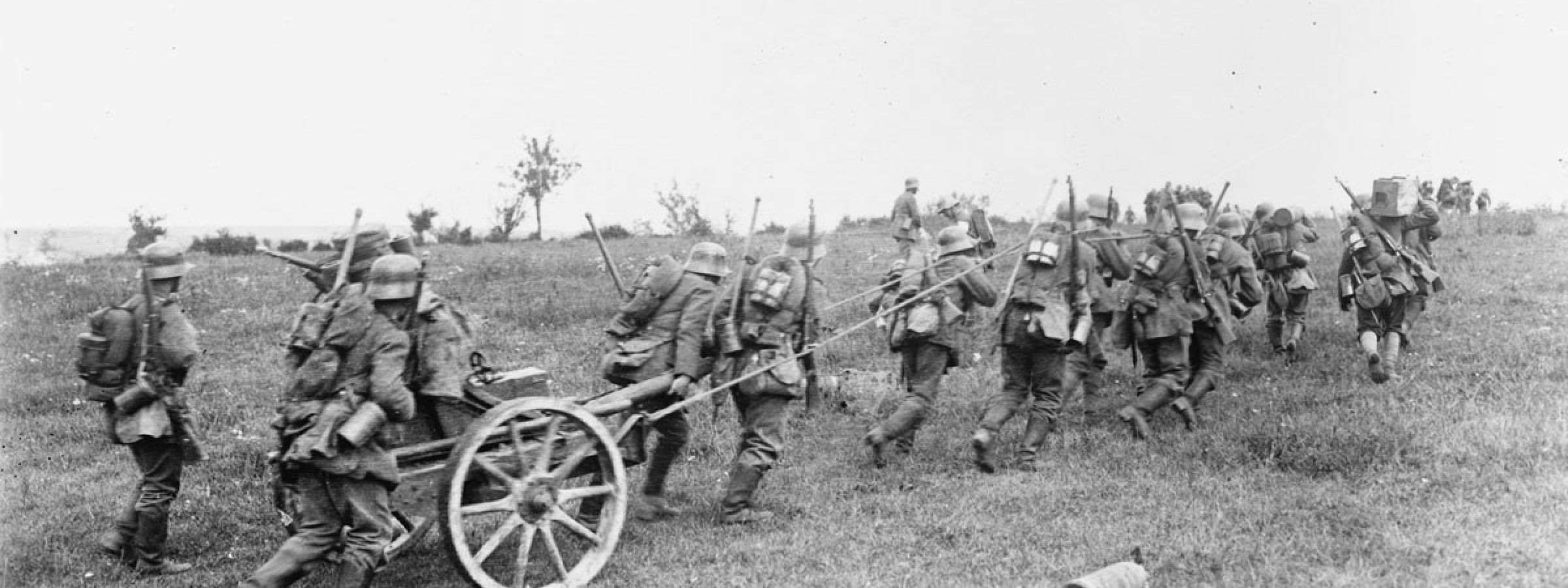Retired U.S. Army General David Petraeus observed that “culture, once formed, is difficult to change; it cannot always be ‘tamed’ but it can and should be understood.” Those responsible for strategic leadership and for preparing their military for the future, must understand how culture impacts the effectiveness of an armed force. This is particularly relevant since most officials today describe the strategic environment as an age of disruptive technological change. Professors Mansoor and Murray offer a superlative foundation for reflecting on how to change the odds of gaining that transformation short of the carnage of a world war.
The Three Types of Organizational Learning
Organizational learning is an important component of military success. The German military adapted its small unit tactics to trench warfare, but its failure to thoroughly ask if attacking was the best way to destroy the Entente’s armies or if that should be their goal at all combined with other factors to lead them to failure. Militaries that follow the German example and focus on method optimization while neglecting method selection and goal selection will be able to adapt and succeed at the tactical level, but will often be unable to translate that into broader successes.
Networking to Learn: #Reviewing Learning to Fight
The essence of war is a competitive reciprocal relationship with an adversary possessing the capacity to make choices in battle. It is impossible to anticipate and predict with precision the contours of all future conflicts and the opponent’s strategy and discrete choices on the battlefield. Recognizing the need to adapt and implement the requisite changes is therefore inherent to the nature of war. The clash of arms is, therefore, also a competition in cycles of learning, reaction, or counteraction. The side that reacts best, and perhaps faster, increases their chances of success.




